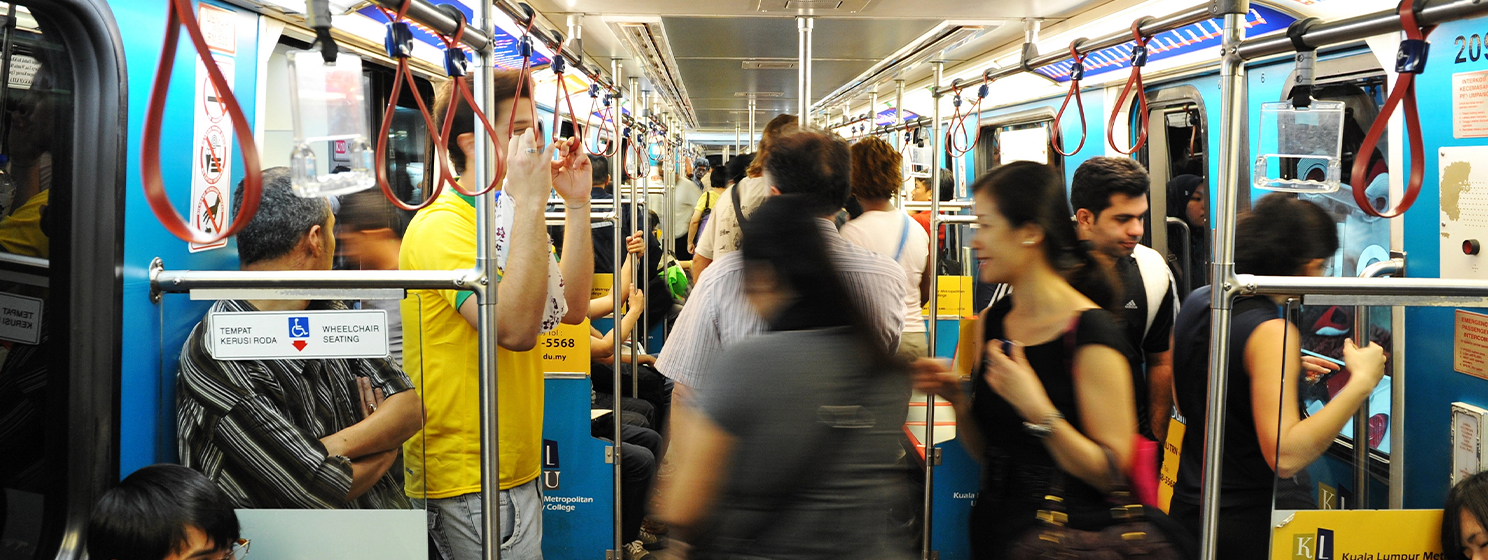|
Getting your Trinity Audio player ready...
|
Malaysia’s government has made significant progress with its efforts to digitize key sectors of its economy, but the World Bank has identified a range of problems hindering its adoption of emerging technologies.
- Gaps in Malaysia’s digitalization
- Malaysia’s digitalization initiatives
- Sri Lanka plans for a Gov’t Super App
- Sri Lanka’s digitization efforts so far
The World Bank highlighted the gaps in Malaysia’s digitalization in its latest economic monitor report, pointing to difficulties in hiring and retaining talent across government ministries and agencies. According to the report, Malaysia’s Ministry of Digital pegged the difficulty of hiring staff with the required technical expertise at 64%, while the Ministry of Economy reported a 54% difficulty.
Analysts at the World Bank noted that the challenges faced by Malaysian ministries are not a result of a shallow talent pool in the Southeast Asian country. The paper highlighted the existence of unclear career pathways and outdated systems in government sectors compared to the private sector.
“Importantly, the barriers lie less in salary competition with the private sector than in internal factors — such as outdated systems, unclear career pathways, and uncertainty about required skills — which together make it harder to attract and retain talent,” read the report.
While a lack of talent has slowed Malaysia’s digitization effort, the World Bank report disclosed that some middle managers have exhibited a resistance to emerging technologies. Furthermore, the prevalence of siloed planning, limited feedback, and collaboration among Ministries and government agencies has stifled the process of digitization.
Despite the challenges faced by the government, analysts at the World Bank have identified keen progress made by Malaysia since 2020. Currently, three-quarters of Malaysia’s public services are digitized, with those at the federal level reaching 90%, representing a significant leap over the last four years.
After achieving early wins, the government has announced plans to offer 95% of all government services digitally by 2030. Malaysia underscored its commitment to digitization with the launch of the Ministry of Digital in 2023, which has led to several blockchain and artificial intelligence (AI) use cases emerging.
A wave of government-backed use cases
Utility for AI and DLT has reached a fervent pitch in the Southeast Asian country, with authorities turning to both technologies to fight corruption and fraud. Already, plans are underway for the deployment of AI to future-proof the local journalism industry, with the government earmarking $6 million for the digitization of media houses.
Meanwhile, the Malaysian central bank has begun exploring tokenization for on-chain settlements amid plans by legislative houses to ease the listing of digital assets by exchanges. Other use cases are springing up in education, health, manufacturing, and supply chain, aimed at improving productivity and efficiency.
Sri Lanka to roll out government digital services under one super app
Elsewhere, as part of its efforts to advance digitization, Sri Lanka has unveiled plans for a Government Super App, designed to provide seamless access to government services from a single platform.
The plan has received the approval of the country’s Cabinet of Ministers, with the Ministry of Digital Economy poised to begin its development. Deputy Minister of Digital Economy Eranga Weeraratne disclosed that a centralized application for government services is necessary to bring Sri Lanka closer to its digitization objectives.Weeraratne noted that existing fragmented systems pose a significant challenge for citizens interacting with government services. For starters, there are the hurdles of users repeatedly inputting the same information across several portals while undergoing multiple authentication processes.
According to the Deputy Minister, the net effect is a lack of interest among citizens in interacting with new government services, as a cross-section of society remains unaware of several public initiatives.
“This is why we launched the Super App, bringing many state digital services into the portal and an app for citizens to easily discover, start using and engage with the government digital services,” said Weeraratne.
The Deputy Minister noted that the Sri Lanka Unique Digital Identity (SLUDI) will be the foundational digital identity layer of the super app. While the exact features of the super app are still unknown, there is chatter that it will have simplified onboarding perks and multiple language options.
Experts opine that users will be able to utilize the incoming Super App to complete digital forms and renew licenses. Furthermore, there will be the added perks of storing credentials on the mobile app amid speculation of blockchain functionalities.
Already, Sri Lanka’s Southern Province has made a wholesale transition to the State Digital Payment System, GovPay, a platform designed to streamline digital transactions for public services. GovPay has since onboarded 53 institutions, complete with payment processing capabilities, and serves as a blueprint for the incoming Government Super App.
A concerted effort to digitize Sri Lanka
Keen on keeping pace with the rest of Southeast Asia, Sri Lanka’s government has introduced a raft of digitization initiatives. The strongest signal is a $10 million investment in emerging technologies to improve productivity levels across major sectors of the Sri Lankan economy.
Amid plans to increase digitization metrics, Sri Lanka is set to launch a national digital ID system in 2026. Meanwhile, local efforts at digitization have caught the eye of Sri Lanka’s neighbours, with India striking a technology modernization deal with the country.
Watch: Importance of digitalization for enterprises

 02-22-2026
02-22-2026 




